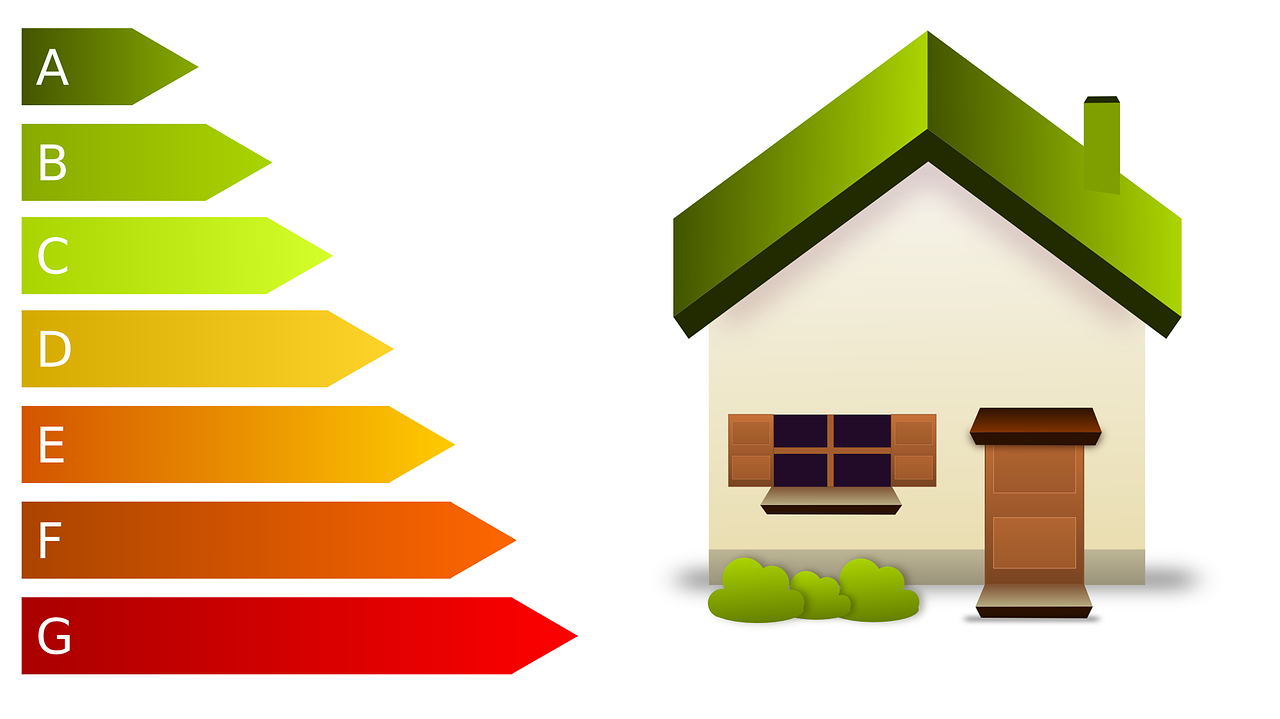With recent advancements in smart technology, transportation, and new apps, living more sustainably is easier than ever before. If you want to take small steps toward living green, but aren’t sure where to start, here are five simple ways to make your home more energy-efficient.
Start Composting
According to the EPA, municipal solid waste totaled 262.4 million tons in 2015. Starting a compost pile is an affordable and simple way to reduce the amount of waste you produce. If you have backyard space, investing a compost bin to store fruit and vegetable waste can provide rich fertilizer for your garden. If you don’t have a backyard, consider keeping a small, odorless compost bin near your trash can to reduce waste.
Use Less Water
The average homeowner can save approximately $170 annually by turning off unnecessary water. To use less water, make an effort to stay conscious of running water while brushing your teeth, shaving, and washing the dishes.
Homeowners can also make simple changes to their routines to reduce water usage. For instance, while taking a shower uses roughly 17 gallons of water, taking a bath uses an average of 75 gallons. Installing low-flow showerheads can also help you use less water, as many low-flow showerheads use less than 2.5 gallons per minute, compared to five gallons per minute used by traditional showerheads. Additionally, avoid running less-than-full loads of laundry in the washer to conserve more water and money.
Install Solar Panels
Although the upfront cost of solar panels may seem excessive, they can help you save more in the long-term. According to Vision Solar LLC, an installer of solar panels in Arizona, the average family in the United States spends over $1,800 on electricity every year. When combined with the expense of home heating, electricity can cost families thousands annually.
As a result, more families are considering the financial advantages of solar panels. Solar panels generate energy independent of your utility company to fuel your home and heat water, reducing energy bill costs. Solar panels reduce fossil fuel usage and often help qualify homeowners for annual tax incentives.
Replace Your Desktop
Tech experts recommend replacing your desktop computer once every four years. Replacing your desktop with a laptop can reduce electricity usage by 80 percent, as laptops typically run on less energy. While desktop computers use a maximum energy draw of 175 watts, laptops only draw 60 watts.
Although swapping your desktop for a laptop is more energy-efficient, laptops aren’t cheap. If a laptop is out of your budget, companies like Teka Loan offer installment loans with no credit check. Applying for an installment loan is quick and easy, and money is deposited into your account the same day as your loan is approved.
Unplug Unused Chargers
Energy vampires, including cell phones and battery chargers, account for approximately 10 percent of your total energy bill. Most chargers consume approximately .26 watts of energy when not in use and 2.24 watts when in use, according to Energy.gov.
Although unplugging one charger isn’t likely to significantly influence your energy bill, unplugging unused chargers can collectively help you reduce energy bill costs. To make unplugging unused chargers easier, plug your chargers into a power strip. When the chargers are not in use, the power strip can be toggled to the “off” setting. Advanced power strips can save you more money by automatically turning off idle electronics.
Making simple eco-friendly changes to your home can significantly affect the Earth and your energy bill. Whether you’re interested in a new computer or installing solar panels, installment loans can help you make your home more energy-efficient.

